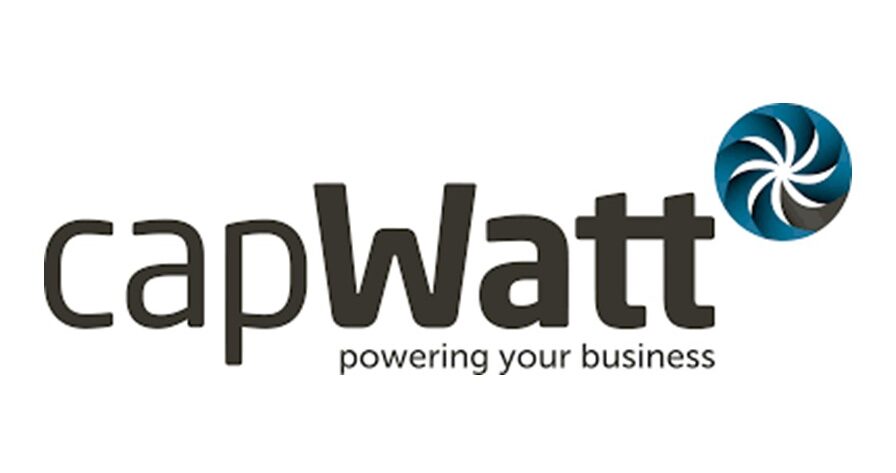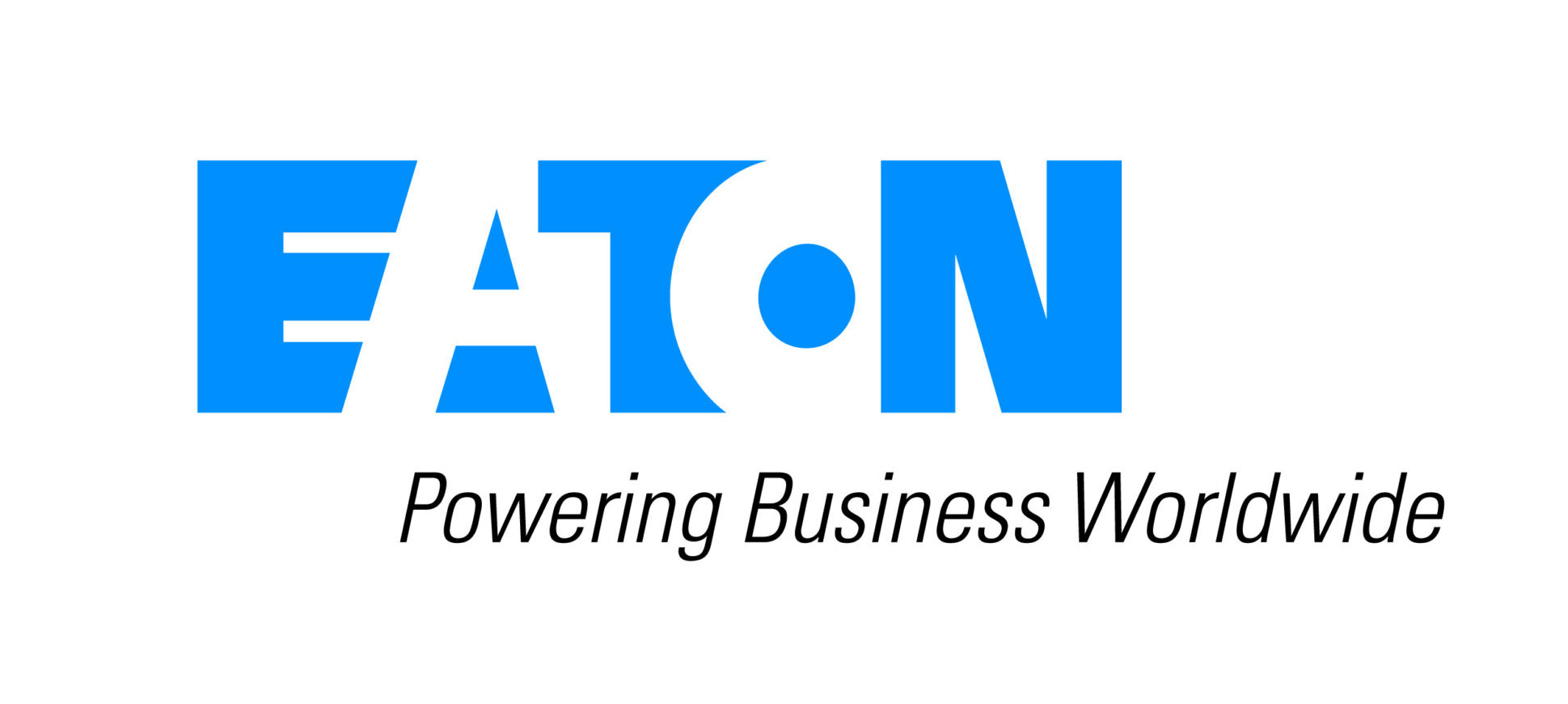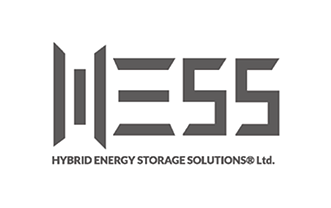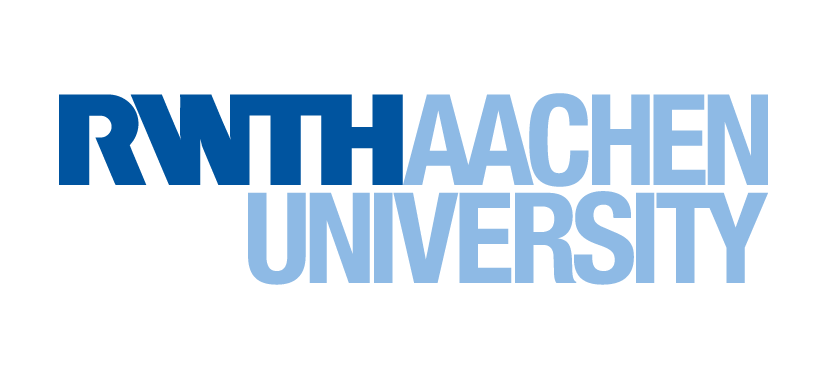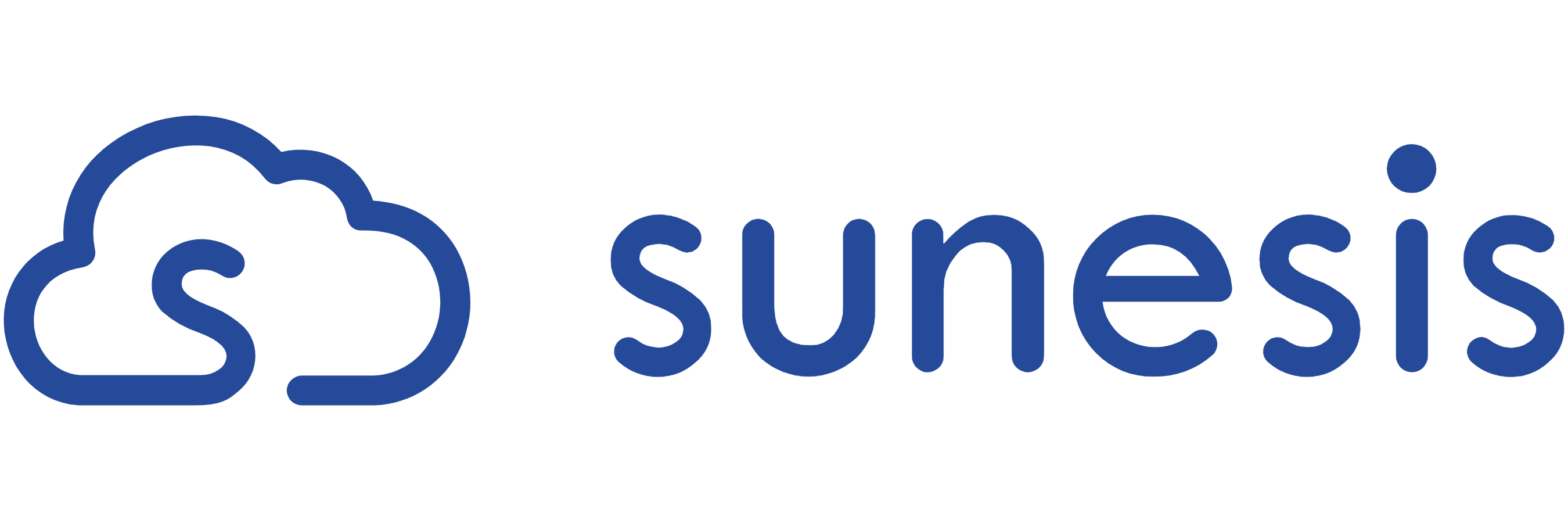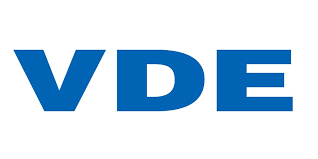
Interoperability in Energy Communities
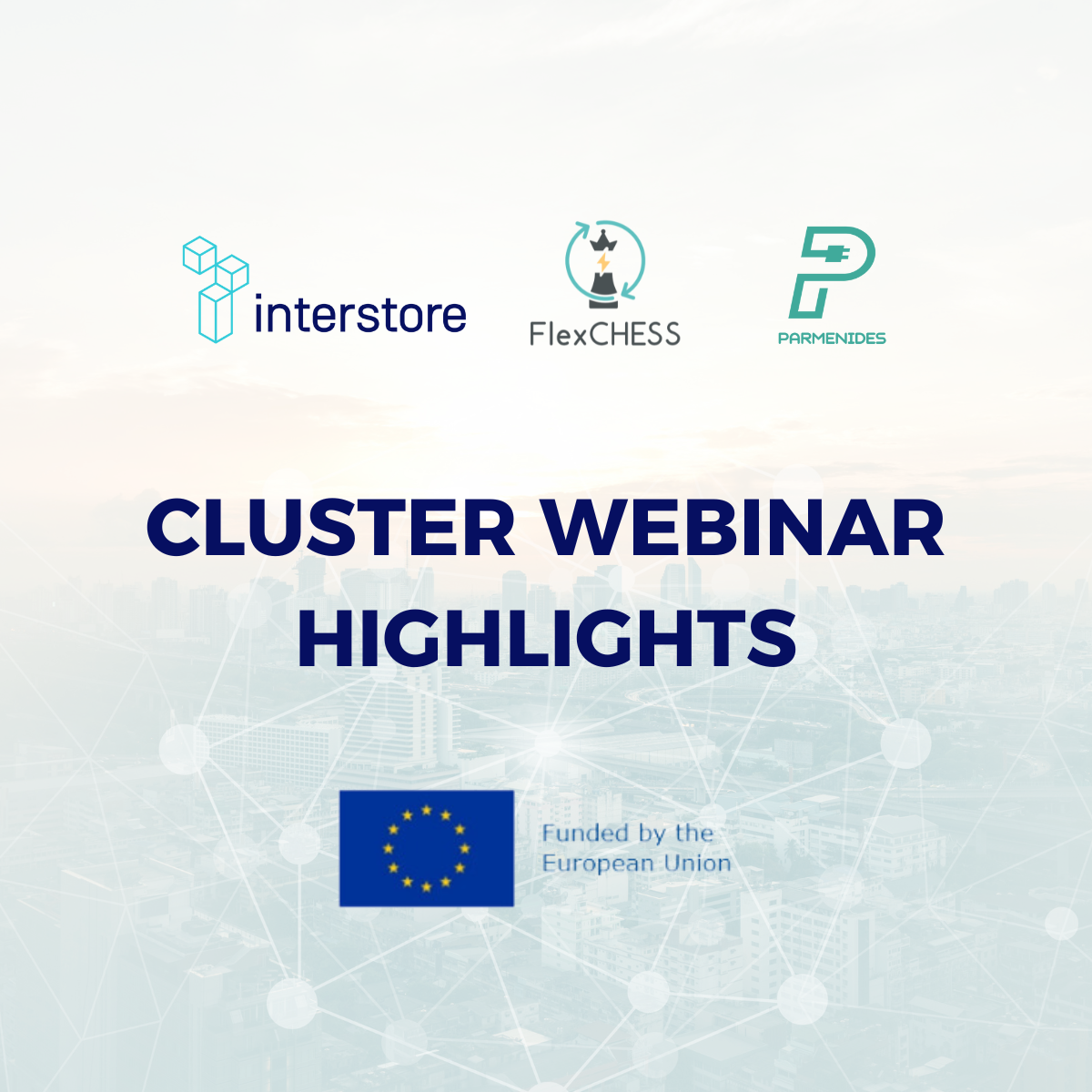
In the transition to a more sustainable energy future, energy communities are emerging as vital components of decentralised energy systems. However, to maximise their potential, interoperability — the ability for different systems to work together seamlessly—becomes critical. A recent webinar brought together experts from three Horizon Europe projects: InterSTORE, FLEXCHESS, and PARMENIDES, each addressing the concept of interoperability in energy communities through distinct perspectives.
Interoperability is essential for integrating various energy sources, storage systems, and consumers within energy communities. It enables technologies to “communicate” and operate together efficiently, providing enhanced flexibility and responsiveness to grid demands.
The Horizon Europe projects highlighted during the webinar explore ways to develop standards and frameworks that ensure smooth operations across different systems:
InterSTORE focuses on using the IEEE 2030.5 protocol to standardise how distributed energy resources (DERs) communicate. This protocol has already seen success in countries like the U.S. and Australia, and InterSTORE aims to implement it in European energy communities. The project seeks to integrate renewable resources like photovoltaic (PV) systems, batteries, and electric vehicles (EVs) into energy management systems.
FLEXCHESS aims to develop a multi-level flexibility approach by using virtual energy storage systems (VESS). FLEXCHESS seeks to aggregate small, distributed energy systems to optimise energy use and store surplus energy more efficiently. This project emphasises the importance of developing digital twins — virtual models of physical energy systems — to enhance real-time energy management.
PARMENIDES brings forward the concept of hybrid energy storage systems and energy management systems for interoperability. The project introduces an innovative Energy Community Ontology (PICO), which enables the effective management of various energy storage types (electric batteries, thermal storage, etc.) in a way that supports decentralised energy communities. Through this framework, PARMENIDES focuses on optimising energy use at both the building and community levels.
One of the key challenges in creating interoperable energy communities is the diversity of storage and generation technologies, as well as the lack of common standards across the European energy market. Currently, different projects and stakeholders often use various protocols, making seamless integration difficult. Each project discussed in the webinar has tackled these challenges head-on:
InterSTORE has developed a toolkit for converting legacy systems to the IEEE 2030.5 standard, ensuring that even older systems can be integrated into modern energy frameworks. This conversion layer plays a crucial role in bridging the gap between existing technologies and future-ready solutions.
FLEXCHESS addresses the challenge of distributed storage by creating a system that combines different energy storage mediums (such as batteries, heat pumps, and electric vehicles) into a single, manageable system. By developing federated digital twins and advanced monitoring systems, FLEXCHESS improves the accuracy and responsiveness of energy systems, providing a more flexible and adaptive grid.
PARMENIDES has developed its ontology-based approach to energy storage management, making it easier to represent and manage the complexities of hybrid energy systems. The use of ontologies ensures that different systems can operate on a common knowledge base, improving communication and functionality across devices.
The Role of Energy Communities
Energy communities are at the heart of these projects, providing a collaborative approach to energy generation, storage, and consumption. In such communities, consumers, producers, and storage systems must work together efficiently to balance the grid and maximise the use of renewable energy. The webinar highlighted the importance of interoperability in ensuring that these communities can thrive.
The webinar underscored several important points about the future of interoperable energy systems:
Standardisation is Key: While there are many competing standards in the energy sector, adopting widely used protocols like IEEE 2030.5 can greatly simplify integration across diverse systems.
Hybrid Energy Systems Offer Greater Flexibility: Combining different storage technologies into hybrid systems, as seen in the PARMENIDES project, allows for more robust energy management and maximisation of local resources.
Digital Twins Enhance Real-Time Management: In the FLEXCHESS project, digital twins play a critical role in monitoring and optimising the behavior of energy systems, providing a virtual layer that mirrors physical assets and enables more effective decision-making.
Commitment to Interoperability: All projects highlighted the importance of committing to shared standards. As the energy market becomes more decentralised, a common framework for communication and management is essential for ensuring efficiency and flexibility.
Interoperability will be the cornerstone of future energy systems, enabling diverse technologies and stakeholders to work together toward a common goal of energy sustainability. The insights from the InterSTORE, FLEXCHESS, and PARMENIDES projects are leading the way toward a more integrated, efficient, and flexible energy future, where energy communities can thrive as active participants in the energy transition.






